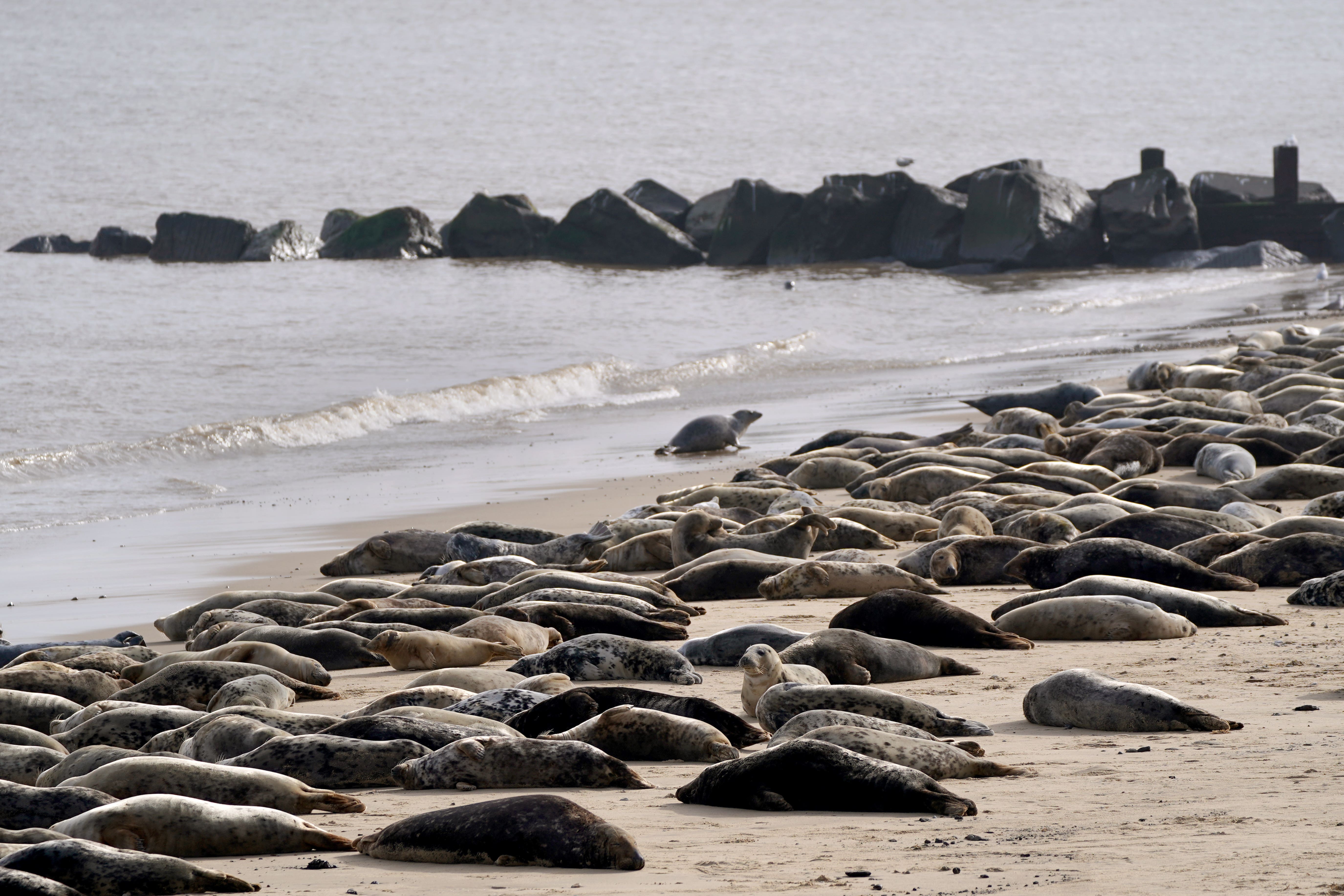Wildlife crime convictions at all-time low, report warns
Meanwhile the number of reported wildlife crime incidents has risen since 2020, according to Wildlife and Countryside Link.

Your support helps us to tell the story
From reproductive rights to climate change to Big Tech, The Independent is on the ground when the story is developing. Whether it's investigating the financials of Elon Musk's pro-Trump PAC or producing our latest documentary, 'The A Word', which shines a light on the American women fighting for reproductive rights, we know how important it is to parse out the facts from the messaging.
At such a critical moment in US history, we need reporters on the ground. Your donation allows us to keep sending journalists to speak to both sides of the story.
The Independent is trusted by Americans across the entire political spectrum. And unlike many other quality news outlets, we choose not to lock Americans out of our reporting and analysis with paywalls. We believe quality journalism should be available to everyone, paid for by those who can afford it.
Your support makes all the difference.Nearly 5,000 incidents of wildlife crime were reported last year, but convictions remain at an all-time low, a report has warned.
The number of wildlife crime incidents has risen since 2020 in a post-Covid pandemic surge, according to Wildlife and Countryside Link (Link), a coalition of 86 organisations working to protect nature.
Meanwhile, the rate of wildlife crime allegations leading to convictions is lower than the average for all crimes in England and Wales, the organisation said in its annual report.
Link said: “To put it simply, if you commit a wildlife crime, you are more likely to get away with it than you are with many other crimes.
“The disappointingly low conviction figures for wildlife crimes are perhaps not surprising.
“Even if viewed purely through a human lens, wildlife crimes are not victim-free offences. Those who harm wildlife steal something precious from everyone.”
Link said it found 4,735 reported wildlife crime incidents in 2023, with 456 of those successfully prosecuted.
In 2019, it received 4,100 reported incidents, leading to 2,064 convictions.
The organisation noted that its data are collected by charities and environmental NGOs, and therefore an indication of levels rather than a complete picture.
It said volunteers have to “fill the knowledge gap” because there is not enough of a centralised system for documenting wildlife crime.
As a result, they recommended that more types of wildlife crime be made notifiable.
Notifiable offences have to be reported to the Home Office by law, which allows crime statistics to be compiled in a national database.
Link said: “Wildlife crimes are typically only haphazardly entered into the incident recording systems of individual police forces, systems which may not match up with each other and do not feed through into regional or national crime databases.”
It also recommended an investment boost to wildlife and rural crime teams in police forces that is in-line with inflation.
The group added there are no sentencing guidelines for wildlife crimes and “judges tend to err towards caution” – making custodial sentences “extremely rare” and fines often “far below the potential financial gains from the offending activity”.
The report added that there is a “national problem” of disturbing marine mammals which has increased, in part, because more people are taking part in outdoor activities.
Matt Browne, director of policy and advocacy at Link, said: “The physical harm and even death caused to our cherished seals, dolphins, whales and porpoises when they’re maliciously or carelessly disturbed by people is exactly the sort of thing that must be tackled if the UK is to have a good chance of meeting its commitment to stopping the decline of nature by 2030.”
A Cornish Site of Special Scientific Interest (SSSI) claimed more than 200 seals stampeded after people walked too near them, Link said.
In Kent, 10 watercraft were seen racing each other close to 30 resting seals and pups, which caused most of animals to panic and rush to the sea, it added.
The group said: “Such disturbances can cause significant harm, for example causing animals to abandon preferred feeding or resting areas – affecting their health.
“And it can even cause deaths, including young animals become separated from their mothers.”
There were 1,290 reported disturbances to seals, whales, dolphins and other marine mammals in 2023, which will have had an impact on “thousands” of animals, it said.
A Home Office Spokesperson said: “Wildlife crime can have devastating consequences for our natural environments and countryside communities.
“This Government is committed to reducing crime in rural areas and anyone exploiting or deliberately harming British wildlife should face the full force of the law.”